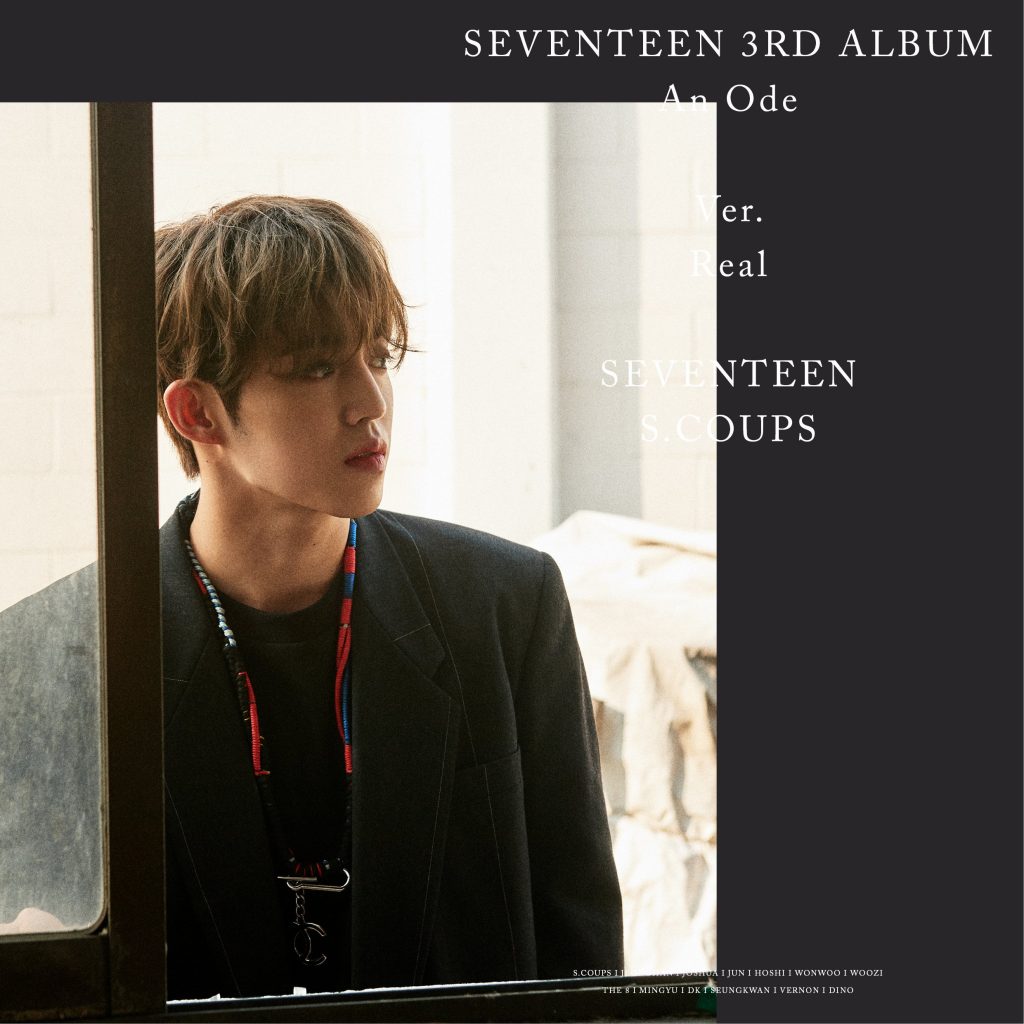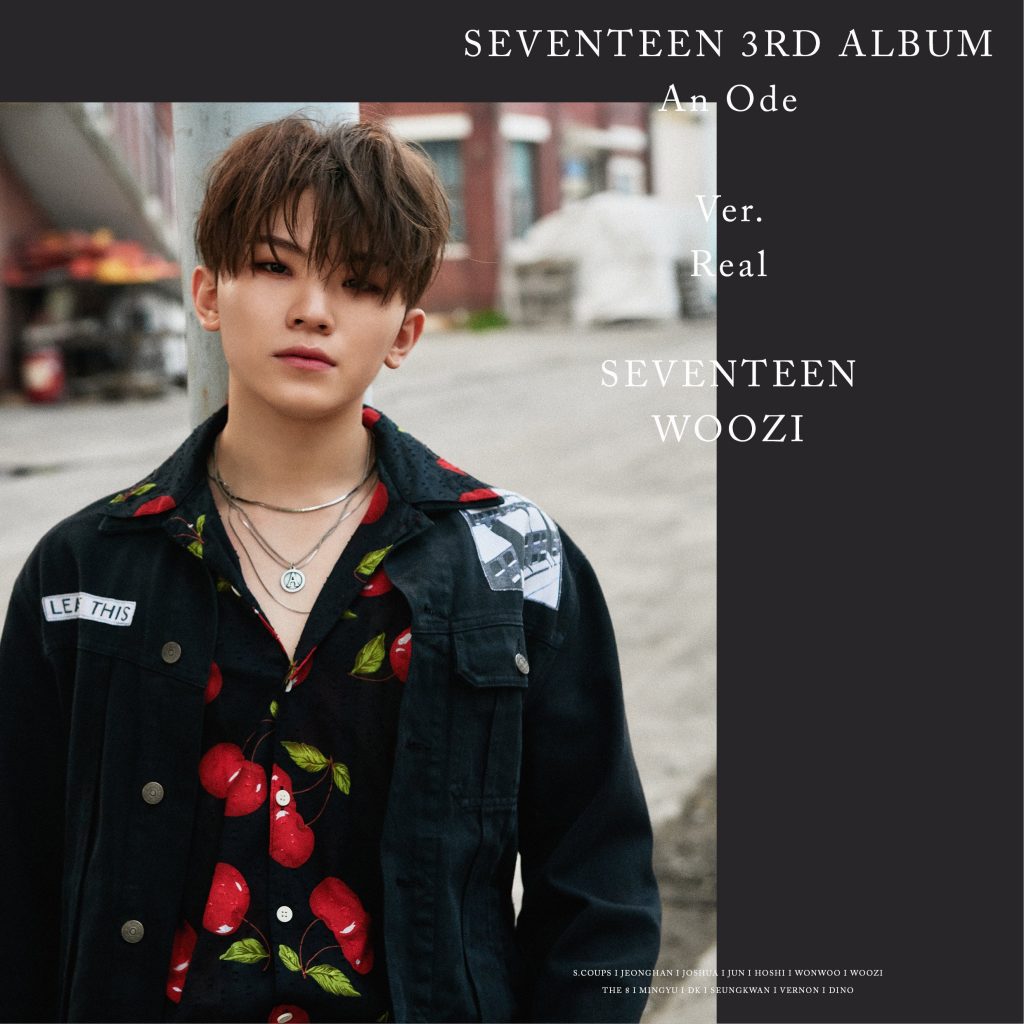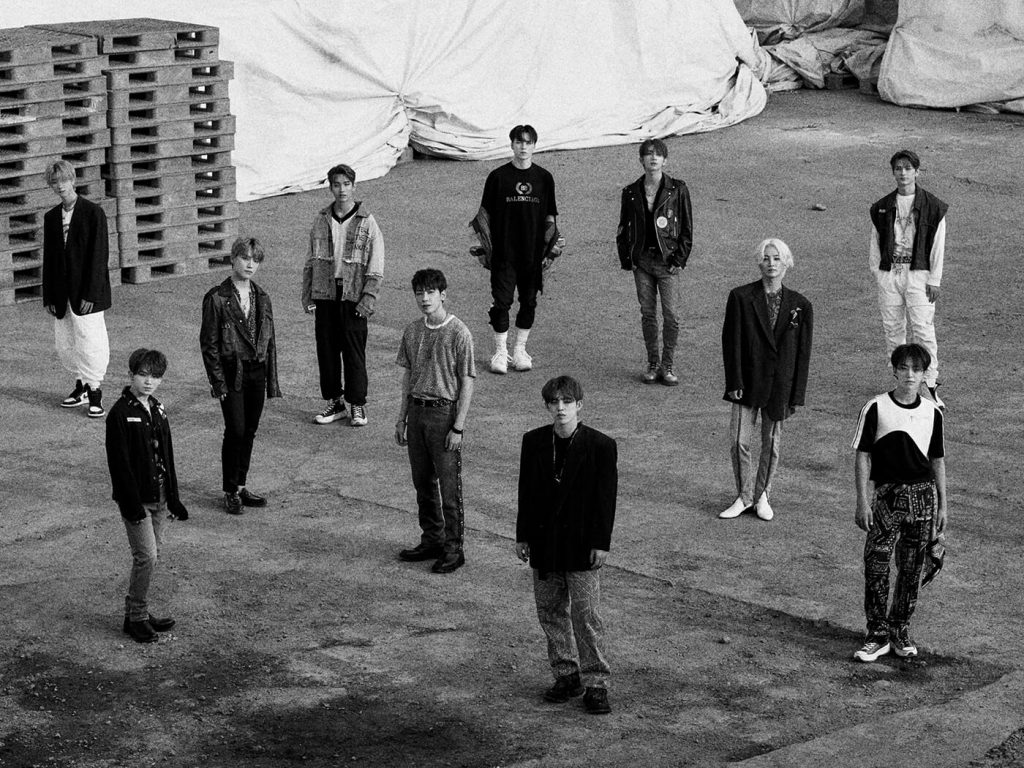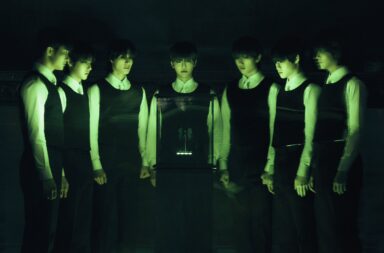
After nearly two years since their last full album, Teen, Age, Seventeen has taken the next step in their music career with An Ode. It has been an incredibly eventful journey since the bright youthful concepts of their debut days, leading the group to this mature new release. An Ode manages to be both varied and collected, exploring different genres and lyrical ideas, whilst maintaining a signature Seventeen air.
An ode, a type of lyric poem (“lyric” here meaning poetry that is personal and emotional), is one that focuses on a subject: this is often an emotion, a person, an object, or an idea. A form of poetry that began in ancient Greece and was often performed or sung, the ode today is probably best known through poets like John Keats and Percy Shelley. These poets wrote in the Romantic movement, which emphasised the importance of the external world (specifically nature) to inspire imagination and understanding. The poet was often seen as having the important role of internalising their environment and then bringing it back into the world in the form of poetry, which would in turn inspire and educate readers.
By naming the album after this literary form, inseparable from its history and traditions, Seventeen are making a bold statement: they are ready to put themselves forward as learned poet-like figures, with personal and imaginative words for others to listen to and gain something from. What is also interesting is how the album name does not specify what the ode actually focuses on, leaving the subject open-ended. This opens up room for musical and lyrical exploration without contradicting the album concept. Tracks can flow from EDM to mellow R&B to summery pop and feel connected somehow.
The album begins with a punch through EDM track “Hit,” which had previously been released as a single. EDM returns to the tracklist again towards the end with “Network Love” and “Back it up.” These loud, beat-heavy songs may initially feel odd in an album that gets its name from poetry, but this in itself is significant. Seventeen seems to be saying that artistic expression can come in different styles. As the emphasis of lyrical poetry is on personal emotion, as long as the songs are personal and emotive, there is no reason why they should not be part of An Ode.

Arguably, the highlights of the album are the streaks of R&B throughout, especially “Lie Again,” “247,” and “Second Life.” “Happy Ending” and the title track, “Fear,” dabble in numerous genres while maintaining cohesion. These tunes demonstrate that experimentation can be done skilfully without sacrificing quality and flow. “Lie Again,” despite having a soothing and pleasant melody, flows naturally after “Hit.” Even such completely different sounds can be beautifully juxtaposed under one concept, making the album more impressive.
Taking a closer look at the lyrics, “Lie Again” features a combination of personal reflections and unspoken words to a love interest, written in a highly relatable fashion:
I lie again
Words that aren’t the truth
I lie again
Words that I don’t want to say
I lie again…
Whether you know how awkward I’m being
Turn a blind eye and turn your back and walk away
If there is nothing more painful than a painful love
Then go back before even more painful memories remain
The contrast between a lying exterior and inner pain is reflected in the track’s mellow and pristine sound. The listener may also be fooled by this facade until a closer look — or listen. Despite the cool and collected approach to describing pain, the confession of being “awkward” bares a personal, vulnerable aspect (also addressed in “Fear”) that is hurriedly brushed over by a poetic observation on love as a concept. Human weakness and abruptness is felt as an underlying theme throughout the rest of the song. Personal emotion is interwoven with distant words in a desperate attempt at shielding an individual’s vulnerability.
“Second Life” confesses itself to be entirely the result of imagination. The lyrics describe an imaginary second life, and whether there would be any possibility of being with a lover again in this life. “Second Life” admits that it is fanciful thinking, made out initially as a joke. However, as the song progresses, so does the anxiety:
Being forgotten is common
Why are those common occurrences
Rather not easy for me?
Second life, second life
I know it can’t go my way

What starts as a playful thought about the bond with a love interest deepens into a personal crisis about the place of the self in the wider world. Life moves on for the individual, but the anxiety at the thought of being left behind and forgotten by the world is deeply rooted. It is unclear if the lyrics are exploring death or simply an alternate life, but the sentiment of paranoia and insecurity remains the same. Despite such powerful emotions being inspired by merely considering the possibility of being replaceable and unimportant, the discomfort and embarrassment of actually talking about it to feel more at ease is too great. By penning it down as song lyrics, and enveloping them with a melody and beat that feel lived-in, Seventeen here follows the typical Romantic tradition of sharing imagination-inspired emotion. Even if the poet feels overwhelmed, emotions are recreated through words for the sake of readers and listeners learning about the world from their works.
The album also includes more upbeat Seventeen-esque tracks such as “Let me hear you say,” “Snap Shoot,” and “Lucky.” Although these tracks are perhaps the least impactful and most forgettable of the album, they add warmth and familiarity, and, in a way, a personal touch of nostalgia for Seventeen’s earlier days. By evoking fond emotions of the past, we can see how the group has grown artistically, to the point at which they feel comfortable sharing self-written pieces as personal stories, observations, words of advice, and a way to connect with and contribute to the world around them.
Overall, An Ode is a carefully organised and delivered album that shows maturity, personality and a desire to be seen as art. Do you think it has succeeded in this?
(Twitter. Images via Pledis Entertainment)


